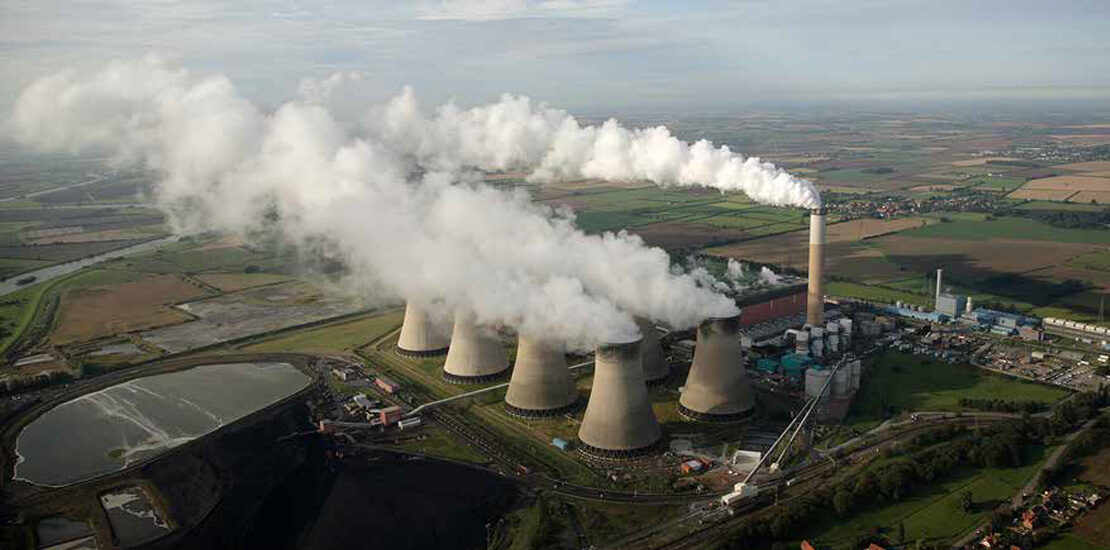NEA response to BEIS call for evidence: Future Support for Low Carbon Heat
Date: 17th Nov 2020

NEA has four main recommendations for BEIS in their work to replace the RHI with a new mechanism after it ends in 2022:
- Any new mechanism must include an up-front grant for low income households to access from the policy, helping them to benefit from decarbonising their heat supply sooner rather than later. It must also continue to be funded through general taxation or another progressive cost recovery mechanism and must not stray into regressive practices such as an energy bill levy.
- Fuel poor and vulnerable households will likely need a sum of much higher than the proposed £4k in order to properly benefit from such a grant, with air source heat pumps costing in the region of £10k to install, even before necessary insulation work or the provision of on-going warranties. Either grants must increase in value for poorer households or should be allowed to be supplemented by other funding streams, such as the Energy Company Obligation, in order to make up the gap required to make the purchase.
- The scale of the scheme is too low to achieve our low carbon goals. The impact assessment suggests that the level of installs of low carbon heating systems will remain broadly level when moving to this scheme at approximately 12,000 installs per year. The CCC has said that 19 million heat pumps are expected to be needed by 20506A straight-line trajectory from 2020 implies around 630,000 heat pumps a year. The ambition of this scheme must be increased if we are to remain on course to meet our decarbonisation goals.
- The scheme should aim to be broadly technology agnostic, and BEIS should not rule out technologies such as hybrid heat pumps and solar thermal. Hybrid heat pumps in particular are seen by the Committee on Climate Change as an important part of decarbonising heat. They can see 85% of heat demand being met by low carbon sources, with a top up provided by natural gas, biogas, or another fuel. In their 2019 report on achieving net zero, the CCC showed that a decarbonisation of heat pathway in the 2020s would require a hybrid first approach. This would allow more households to access the scheme whilst still achieving significant of carbon savings. This would also require the need to move away from a flat rate of support.
© 2024 NEA all rights reserved.

